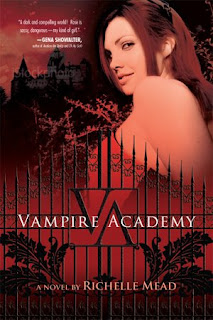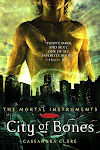 Winterset
WintersetCandace Camp
In a Nutshell
Three years ago Anna Holcombe refused Reed Moreland’s proposal. Humiliated and rejected without explanation, he has never been able to return to the home their romance was associated with—Winterset. This changes when, years later, he experiences a vivid dream of Anna being in danger. Putting the past aside, he returns to protect the woman he will always love. Once they are reunited, passion reignites between them once more. That isn’t their only problem, however—the discovery of two dead bodies leads them to believe that previous events are repeating themselves, pulling them both into the mysterious and dark legends surrounding Winterset.
Three years ago Anna Holcombe refused Reed Moreland’s proposal. Humiliated and rejected without explanation, he has never been able to return to the home their romance was associated with—Winterset. This changes when, years later, he experiences a vivid dream of Anna being in danger. Putting the past aside, he returns to protect the woman he will always love. Once they are reunited, passion reignites between them once more. That isn’t their only problem, however—the discovery of two dead bodies leads them to believe that previous events are repeating themselves, pulling them both into the mysterious and dark legends surrounding Winterset.
What’s right with it?
Winterset launches into action quickly, and it doesn’t stop until the last page. While it’s passed off as a historical romance, the novel is actually more of a thriller mystery. Motives and clues are unfolded with precision; like most good thrillers, you’re constantly tossed red herrings, dead ends and unlikely answers, before being hit in the face with the truth. I genuinely didn’t determine the culprit until it was revealed.
The relationship between Reed and Anna is an interesting one. It could have been the simple, run-of-the-mill boy-meets-girl type romance, but the added complication of Anna’s heritage just makes it more intriguing. The reason why she rejected his proposal so many years ago is quite a reasonable one which made me feel for the character that much more. It reminded me, in a way, of The Mayne Inheritance—she loves him too much to subject him to the poison of her gene pool.
What’s wrong with it?
Having read Camp’s other novels I found this one makes a mistake the others don’t: the language is not always consistent. At some points the language seemed to be beyond their time, something you’d find in the present, and in others, speech seemed to be right out of Jane Austin novel. Writing historical romance is tricky, but in this book the style wasn’t watched closely enough. It was either too much or too little.
Last word
Winterset is an absorbing, gothic read. Camp does a stellar job of balancing angst and passion between the two main characters, while still including enough surprises and twists to keep the story interesting and suspenseful.
Scale-of-awesomeness
Not too shabby









